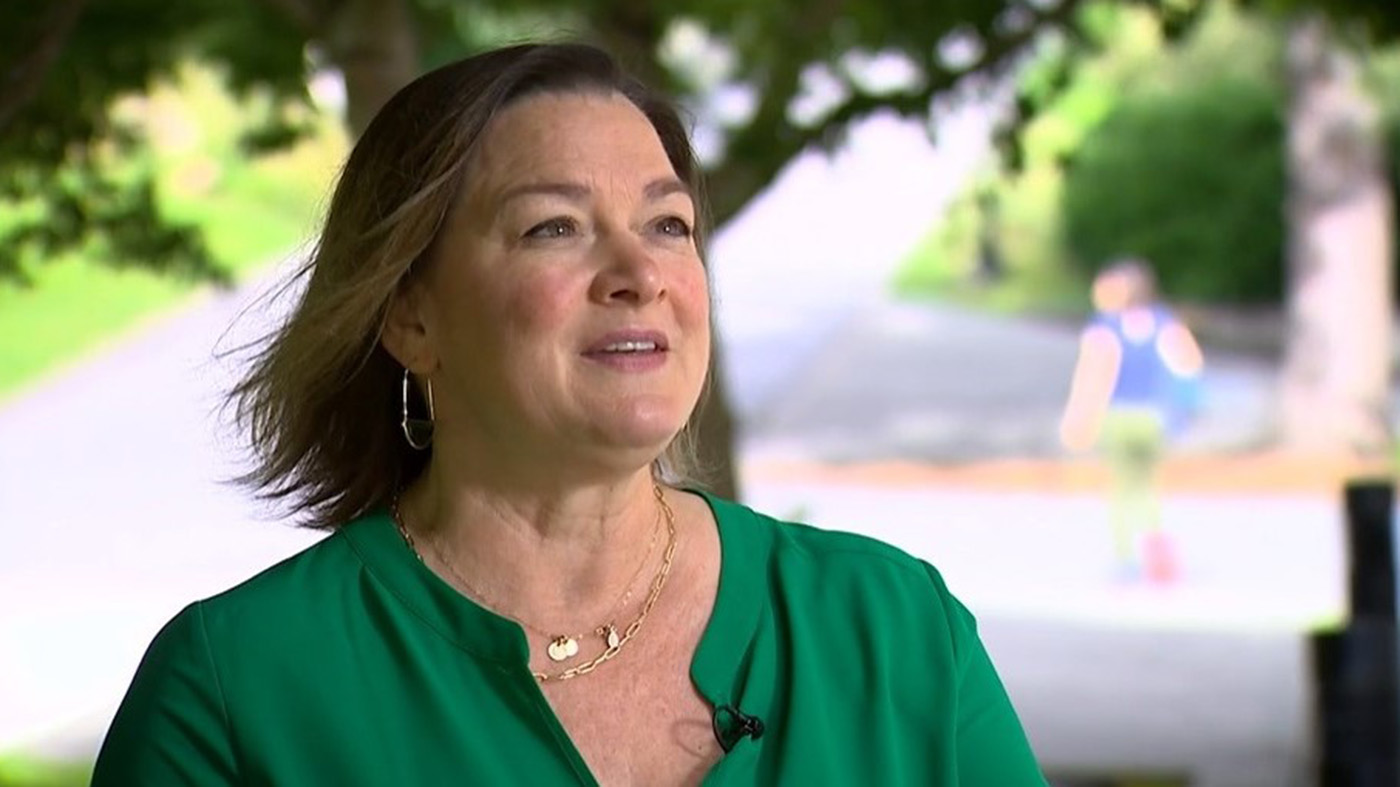Seattle University School of Law Professor Sara Rankin has attained the rare honor of having her scholarship quoted by a U.S. Supreme Court (SCOTUS) justice in a dissenting opinion of a recently decided landmark case on homelessness.
“This is a major achievement and a validation of the incredible impact of Professor Rankin’s innovative thought leadership and scholarship on the issue of homeless rights,” said Dean Anthony E. Varona. “Her work richly merits this prominent attention.”
Varona added that Rankin’s scholarship is a reason that Seattle U Law ranks as the top law school in the Pacific Northwest for academic impact, and in the top 25% among all law schools nationwide.
The case, Grants Pass v. Johnson, sought to resolve whether criminalizing camping in public spaces violates the Eighth Amendment’s prohibition on cruel and unusual punishment if no alternatives (such as shelter beds) exist. In a 6-3 decision split along ideological lines, the court’s conservative majority ruled that such bans are constitutional.
Rankin, director of the Homeless Rights Advocacy Project (HRAP) at Seattle U Law and a national expert on the subject, has published extensive scholarship on homeless rights issues, including a 2021 article in the prestigious California Law Review titled, "Hiding Homelessness: The Transcarceration of Homelessness.”
To support her opinion that the term “campsite,” as defined in the ordinance at issue, criminalizes people experiencing homelessness just for existing, Justice Sonia Sotomayor quoted from Rankin’s article on page 15 of her dissent: “[U]nsheltered people have no private place to survive, so they are virtually guaranteed to violate these pervasive laws.”
While it is unclear how Rankin’s article came to the attention of Sotomayor, Rankin is nonetheless honored that her work helped to inform and support the justice’s position.
“For Sotomayor to be aware of my work is deeply and profoundly humbling,” Rankin said. “I believe this dissent is on the right side of history. The dissenting justices interpreted the law correctly and humanely. If nothing else, the Eighth Amendment is a profound measure of how much we value the humanity and dignity of vulnerable people in our society.”
The Johnson case and the decision, issued in late June, have garnered significant attention. In search of experts who can explain the impact of the decision, local, state, national, and even international media outlets have interviewed Rankin because of her significant knowledge of the legal issues of homelessness. The Guardian, a British news organization, published an extensive interview with Rankin in which she called the decision “terrifying and dystopian.”
For many years, Rankin has been a strong and outspoken advocate for the rights of people experiencing homelessness. This desire to create meaningful change began when she was in private practice in Chicago handling pro bono cases for immigrants, including asylees and refugees.
“Every single client I had not only had asylum issues but also had housing issues,” she said. “Even if I could win their asylum cases, I was distressed that I was leaving them in extremely vulnerable situations due to their housing instability.”
After transitioning to teaching and academia, she launched the Homeless Rights Advocacy Project to engage Seattle U Law students in effective legal and policy research, analysis, and advocacy work to advance the rights of homeless adults, youth, and children.
Professor Andrew Siegel, a constitutional law expert who once clerked for a Supreme Court justice, said, “Sara is one of the most powerful and important scholarly advocates who is writing today for the rights of people who are homeless.”
Although Rankin is disappointed with the decision in Grants Pass v. Johnson, she continues to be hopeful for the future of homeless rights in the U.S.
“I think that things will get better. This decision is wrong and an enormous setback, but things can also change. If history is any guide, these setbacks can be reframed as opportunities,” Rankin said. “One way is to push for state statutes that recognize the basic humanity and dignity of vulnerable people.”
According to Rankin, the courts cannot solve homelessness. “We need better policies. That’s why HRAP focuses on policy. I am still hopeful that we can see more of the evidence-based, non-punitive policies put into place as a result.”
She remains as motivated as ever to create this change, due mainly to the incredible people she has met over many years of engaging in this work.
“I have learned more about the law and life from people experiencing homelessness than from anyone else. They are the fire that keeps me going,” she said.

